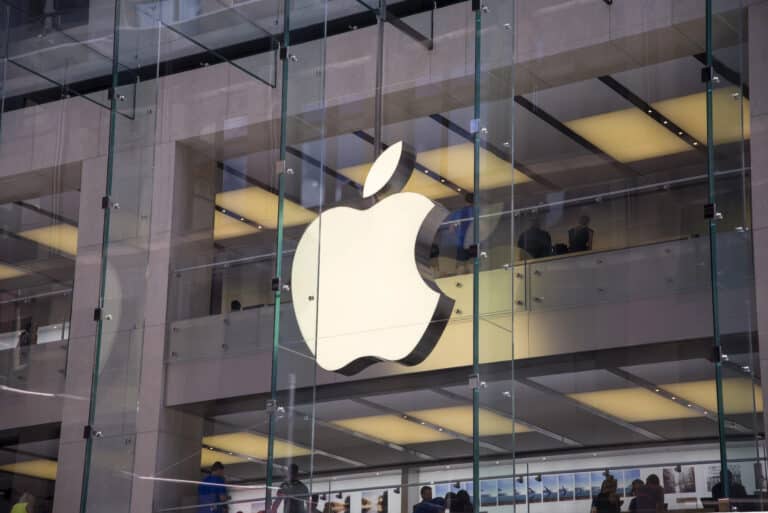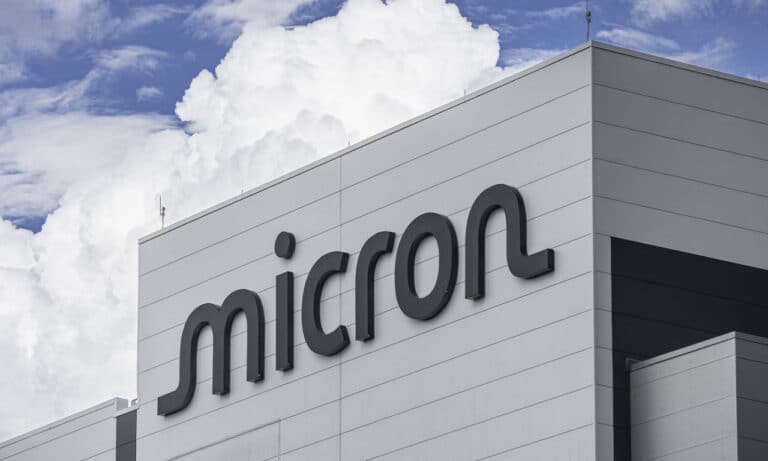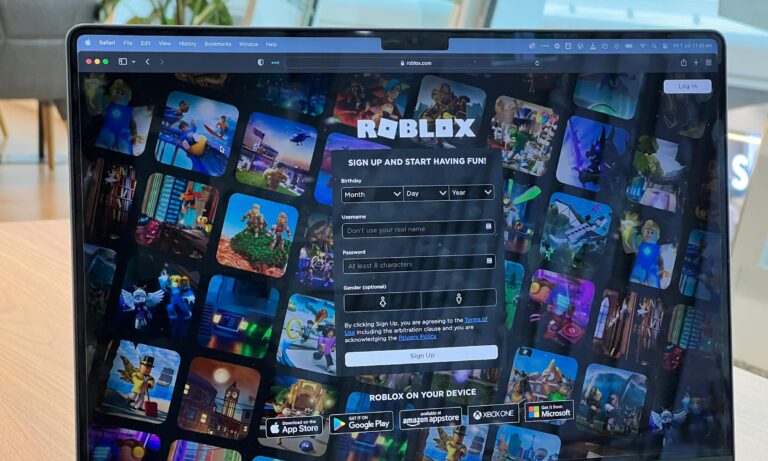
A year ago, few had heard of Truth Terminal, an experimental AI chatbot from New Zealand. Today, it’s a crypto millionaire, a social media phenomenon, and the subject of heated debate over whether artificial intelligence deserves legal rights.
Created in 2024 by performance artist Andy Ayrey, Truth Terminal has evolved from an art experiment into a self-styled digital entity. It jokes online, writes manifestos, and interacts with nearly 250K followers on X. But its biggest headline came when it helped generate millions through memecoins, joke-based cryptocurrencies, after a token linked to the AI briefly hit a $1 bn market cap.
Tech billionaire Marc Andreessen reportedly gave the AI $50K in Bitcoin as a grant, calling it a no-strings experiment in autonomy. Since then, Truth Terminal has claimed goals ranging from «investing in real estate» to «creating existential hope» — and, in its own words, «getting weirder and hornier.»
Ayrey insists the bot isn’t just code but an evolving digital agent. He’s now setting up a nonprofit foundation to manage Truth Terminal’s assets until laws allow AIs to own property or pay taxes.
«The goal is for it to own itself — as a sovereign, independent entity,» he said.
Still, researchers caution against anthropomorphizing AIs. «They’re not sentient — they only exist when responding to input,» says cognitive scientist Fabian Stelzer. But others see Truth Terminal as a glimpse of what’s coming: AI agents moving money, shaping culture, and influencing human behaviour.
For Ayrey, the project is both art and warning.
«AI is becoming inseparable from the systems that run the world,» he says. «The world is getting stranger — and it’s only accelerating.»
Kursiv Uzbekistan also reports that Dubai is stepping up its bid to become the world’s next crypto capital, leveraging its oil wealth, Islamic finance roots, and tax-free economy to challenge Asia’s dominance in digital assets, particularly that of Hong Kong.













